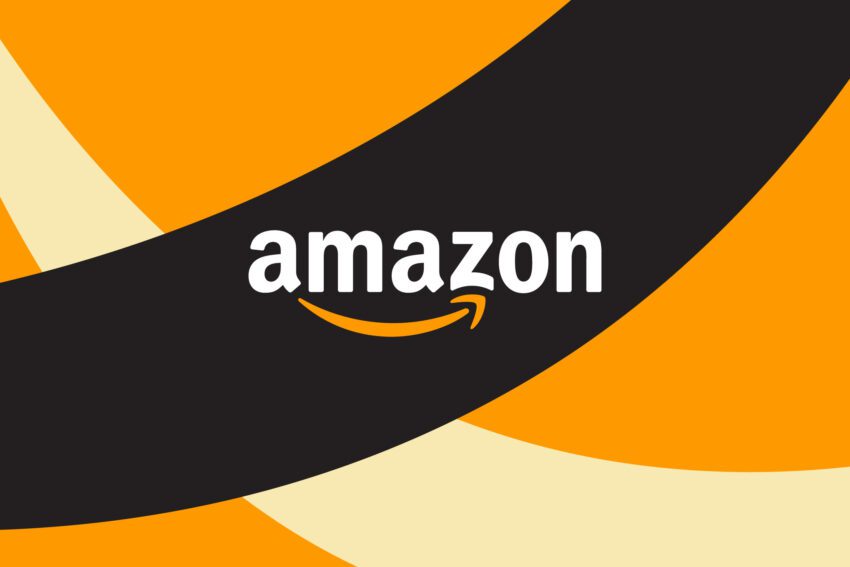
a jury will decide if amazon illegally Amazon is set to face a significant trial in Seattle, where a jury will determine whether the company unlawfully deceived millions of customers into subscribing to its Prime membership program and made it difficult for them to cancel.
a jury will decide if amazon illegally
Overview of the Case
The trial, which is expected to last approximately one month, marks a pivotal moment for Amazon as it confronts allegations brought forth by the U.S. Federal Trade Commission (FTC). The FTC claims that Amazon engaged in deceptive practices that misled tens of millions of customers into signing up for its Prime service, which offers various benefits such as free shipping, streaming services, and exclusive deals. The crux of the allegations centers on whether Amazon’s marketing and cancellation processes were designed to confuse consumers, thereby trapping them in a subscription they may not have fully understood or wanted.
Background on Amazon Prime
Launched in 2005, Amazon Prime has grown into one of the company’s most lucrative offerings, boasting over 200 million subscribers worldwide as of early 2023. The service has evolved from a simple shipping program into a multifaceted subscription that includes access to streaming video and music, cloud storage, and more. The annual fee for Prime membership in the United States is currently $139, while a monthly subscription costs $14.99. Given its extensive reach and the financial implications for consumers, the scrutiny surrounding its marketing practices is particularly significant.
Allegations of Deceptive Practices
The FTC’s lawsuit alleges that Amazon employed various tactics to mislead consumers regarding the Prime subscription. Key points of contention include:
- Sign-Up Process: The FTC claims that the sign-up process for Amazon Prime was intentionally designed to be confusing. Customers may have been led to believe they were signing up for a free trial without a clear understanding that they would be automatically enrolled in a paid subscription once the trial period ended.
- Cancellation Difficulties: The agency argues that Amazon made it unnecessarily complicated for customers to cancel their Prime memberships. Reports indicate that the cancellation process involved multiple steps and was not straightforward, potentially dissuading users from following through with their intent to unsubscribe.
- Marketing Tactics: The FTC’s lawsuit also points to marketing strategies that may have exaggerated the benefits of Prime membership, leading consumers to perceive it as a more valuable service than it may actually be.
Implications of the Trial
The outcome of this trial could have far-reaching implications not only for Amazon but also for the broader tech industry. If the jury finds in favor of the FTC, it could set a precedent for how subscription services are marketed and managed in the United States. Companies may be compelled to reevaluate their sign-up and cancellation processes to ensure they are transparent and user-friendly.
Potential Consequences for Amazon
A ruling against Amazon could result in significant financial repercussions. The company may be required to alter its business practices, potentially leading to increased operational costs. Additionally, Amazon could face fines or other penalties, which might impact its profitability. The trial also poses reputational risks; a negative outcome could erode consumer trust, particularly among those who feel misled by the company’s practices.
Broader Context of Big Tech Trials
This trial is part of a larger trend of increased scrutiny on major technology companies by U.S. regulators. The FTC has ramped up its enforcement actions against Big Tech firms, aiming to address concerns about monopolistic behavior and consumer protection. In addition to the current case against Amazon, the FTC has filed a separate lawsuit against the company for alleged anticompetitive practices, which is set to begin in early 2027. This broader context highlights a growing regulatory focus on ensuring fair competition and protecting consumer rights in the digital marketplace.
Stakeholder Reactions
Reactions to the upcoming trial have varied among stakeholders, including consumers, industry experts, and legal analysts. Many consumer advocacy groups have expressed support for the FTC’s actions, arguing that greater accountability is necessary for large corporations that dominate the market.
Consumer Advocacy Groups
Consumer advocates have long criticized Amazon’s business practices, asserting that the company often prioritizes profit over consumer welfare. Organizations such as the Electronic Frontier Foundation (EFF) and Public Citizen have voiced their support for the FTC’s lawsuit, emphasizing the need for transparency in subscription services. They argue that consumers deserve clear information about what they are signing up for and the ability to easily cancel services without facing unnecessary hurdles.
Industry Experts
Industry experts have also weighed in on the implications of the trial. Some believe that a ruling against Amazon could lead to a shift in how subscription models are structured across various industries. “If the FTC wins this case, we could see a wave of changes in subscription practices,” said a legal analyst specializing in consumer protection law. “Companies will need to ensure that their sign-up and cancellation processes are crystal clear to avoid similar legal challenges.”
Amazon’s Defense
In response to the allegations, Amazon has maintained that its Prime membership program is transparent and beneficial to consumers. The company argues that it provides clear information about the terms of the subscription and that the cancellation process is straightforward. Amazon’s legal team is expected to present evidence and testimonies that support its position during the trial, aiming to demonstrate that the company has acted in good faith and complied with consumer protection laws.
Looking Ahead: The Trial Process
Jury selection for the trial is scheduled to begin on Monday, followed by opening arguments. The trial will likely feature testimonies from both sides, including consumer witnesses who may share their experiences with the Prime subscription process. Legal experts anticipate that the trial will delve into the intricacies of consumer behavior, marketing strategies, and the ethical responsibilities of large corporations.
Potential Outcomes
The jury’s decision could range from a complete dismissal of the FTC’s claims to a finding of liability against Amazon. If the jury rules in favor of the FTC, it could lead to significant changes in how Amazon operates its Prime program and potentially influence other subscription-based services. Conversely, a ruling in favor of Amazon could embolden the company and other tech giants to continue their current practices without fear of regulatory repercussions.
Conclusion
The upcoming trial against Amazon represents a critical juncture in the ongoing debate over consumer rights and corporate accountability in the digital age. As the case unfolds, it will not only impact Amazon’s business practices but also set a precedent for how subscription services are managed across the industry. The implications of this trial extend beyond Amazon, potentially reshaping the landscape of consumer protection in the tech sector for years to come.
Source: Original report
Was this helpful?
Last Modified: September 21, 2025 at 9:37 pm
2 views















